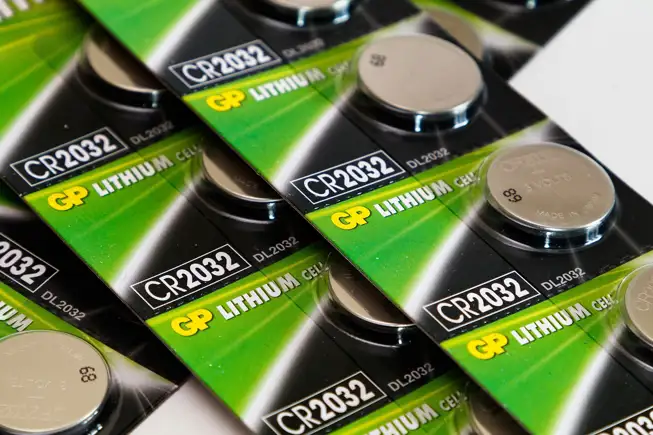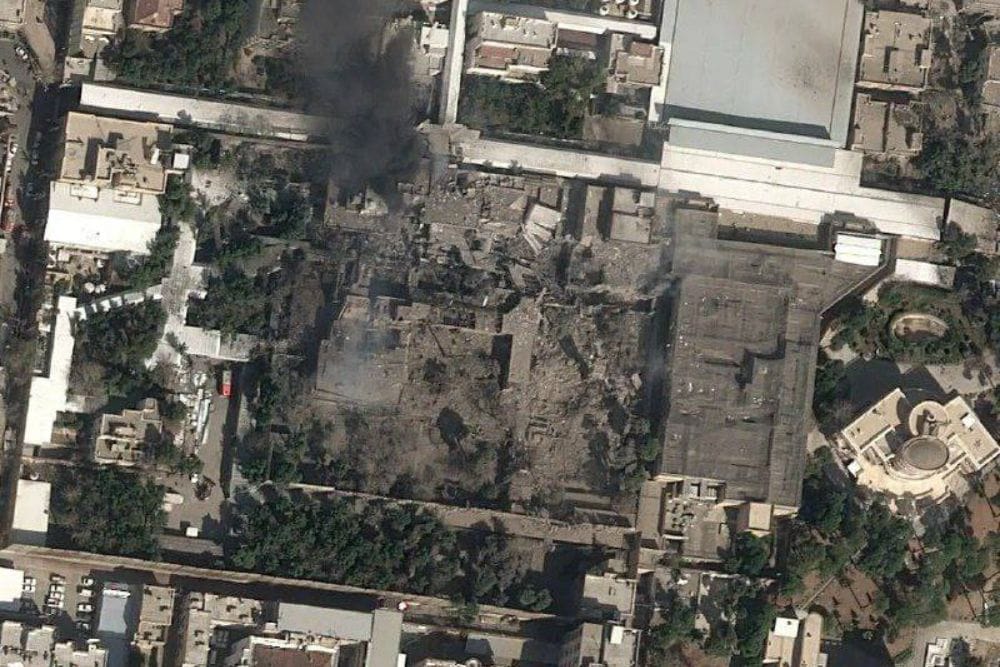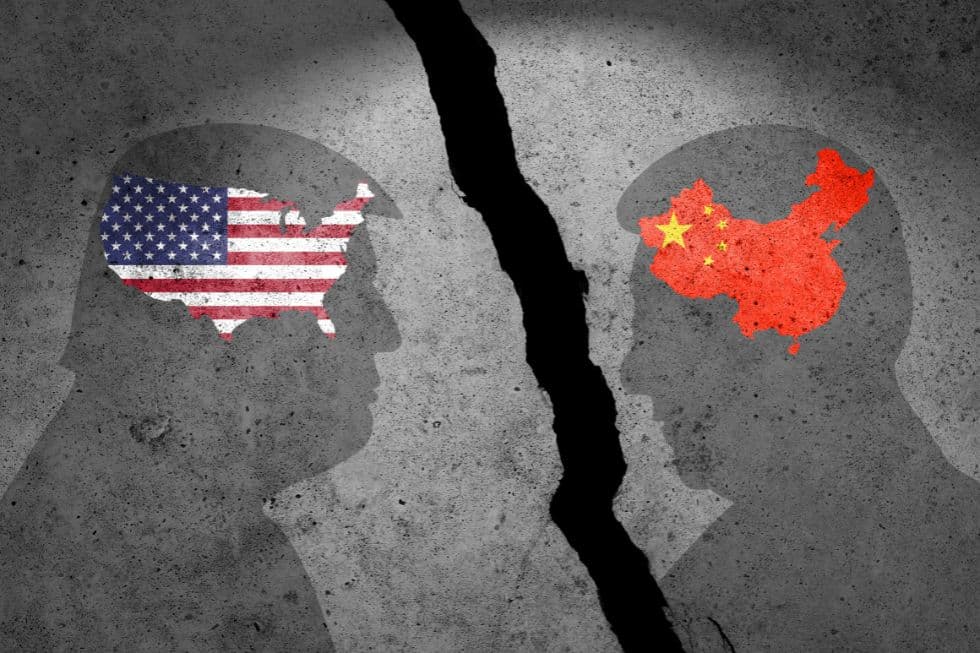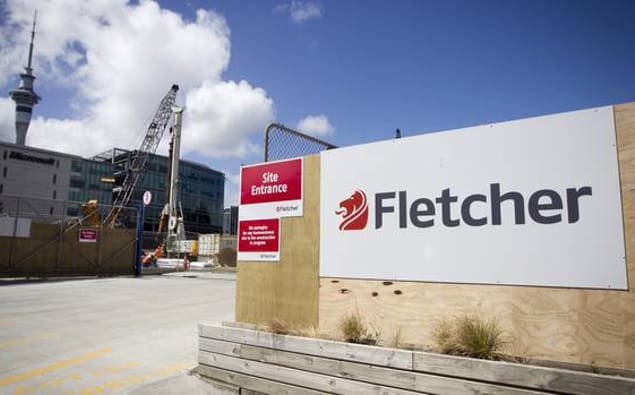FEATURE: by
The demand for lithium has seen an exponential increase over the past decade. This surge is primarily driven by the global shift towards renewable energy and electric vehicles.
With governments and companies alike committing to reduce carbon emissions, lithium-ion batteries have become indispensable. They are not only used in electric cars but also in renewable energy storage systems, portable electronics, and more.
As the world becomes more reliant on these sustainable technologies, the need for lithium continues to grow. However, with this increased demand comes significant challenges, such as ensuring that the extraction processes do not harm the environment.

Lithium is primarily extracted through two methods: hard rock mining and brine extraction. Hard rock mining involves the physical extraction of lithium-containing minerals from the earth, whereas brine extraction involves pumping lithium-rich water from underground lakes.
While both methods have their pros and cons, they share a common drawback—environmental degradation. Hard rock mining can lead to deforestation and soil erosion, while brine extraction can deplete water resources and disrupt ecosystems.
The choice between these methods often depends on the geographical location and the concentration of lithium in the area.
The environmental impact of lithium mining cannot be overlooked. Mining operations can lead to land degradation, loss of biodiversity, and contamination of soil and water.
For instance, the extraction process can introduce toxic chemicals into local water supplies, affecting both human and animal populations. Moreover, the energy-intensive nature of mining operations contributes to greenhouse gas emissions.
As we continue to rely on lithium, it becomes crucial to develop more sustainable mining practices to minimize these adverse effects.
One of the most pressing environmental concerns associated with lithium extraction is water usage. Brine extraction, in particular, requires large amounts of water, which can lead to significant water depletion in the surrounding areas.
In regions where water is already scarce, this can have devastating consequences for local communities and ecosystems. For example, in South America’s lithium triangle, which spans Argentina, Bolivia, and Chile, water scarcity is a growing concern.
As lithium demand continues to rise, finding ways to reduce water consumption in the extraction process is paramount.
The lithium boom has also had significant social implications. Many lithium mining operations are located in remote areas, often affecting indigenous communities.
These communities may face displacement and a loss of traditional livelihoods as mining activities disrupt their way of life. Additionally, the influx of workers and equipment can lead to social tensions and strain local infrastructure.
While lithium extraction can bring economic benefits to these regions, it is essential to ensure that local communities are included in decision-making processes and that their rights are respected.
While lithium-ion batteries are often seen as a green alternative to fossil fuels, their production is not without environmental costs. The manufacturing process is energy-intensive and can result in significant greenhouse gas emissions.
Furthermore, the disposal of used batteries poses a challenge, as they contain hazardous materials that can harm the environment if not managed properly. As the demand for lithium batteries grows, it is crucial to develop more efficient recycling processes to mitigate their environmental impact.
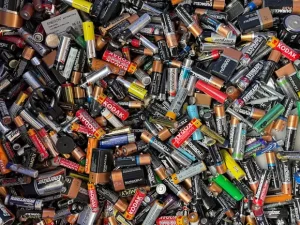
However, current recycling rates are relatively low, and many used batteries end up in landfills. Developing more efficient and cost-effective recycling technologies is vital to reduce waste and conserve resources.By closing the loop on lithium production, we can help mitigate its environmental impact and move towards a more sustainable future.
To address the environmental concerns associated with lithium extraction, researchers and companies are exploring innovative solutions. These include developing more sustainable mining practices, such as using renewable energy sources to power mining operations and implementing water-saving technologies.
Additionally, efforts are being made to find alternative sources of lithium, such as extracting it from geothermal brines or recycling existing batteries. By investing in these innovations, we can reduce the environmental footprint of lithium extraction and ensure a more sustainable supply chain.
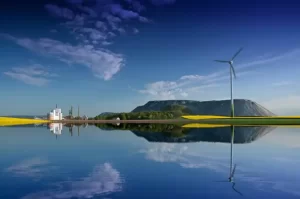
The lithium boom presents a unique challenge—balancing economic growth with environmental protection. On one hand, the demand for lithium is driving economic development and innovation, providing opportunities for growth in various industries.
On the other hand, the environmental impact of extraction and processing cannot be ignored. To achieve a sustainable future, it is essential to find a balance between these competing interests.
Policymakers, companies, and communities must work together to develop strategies that promote responsible mining practices and protect the environment.
As we look to the future, the importance of lithium in our transition to a sustainable energy landscape cannot be understated. However, the environmental challenges associated with its extraction and use must be addressed.
By prioritizing sustainable practices, investing in innovative technologies, and involving local communities in decision-making processes, we can ensure that the lithium boom does not become an environmental disaster. The path forward requires collaboration and commitment from all stakeholders to create a greener, more sustainable world.

